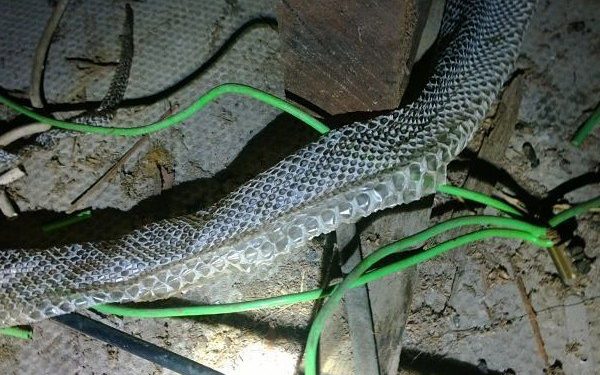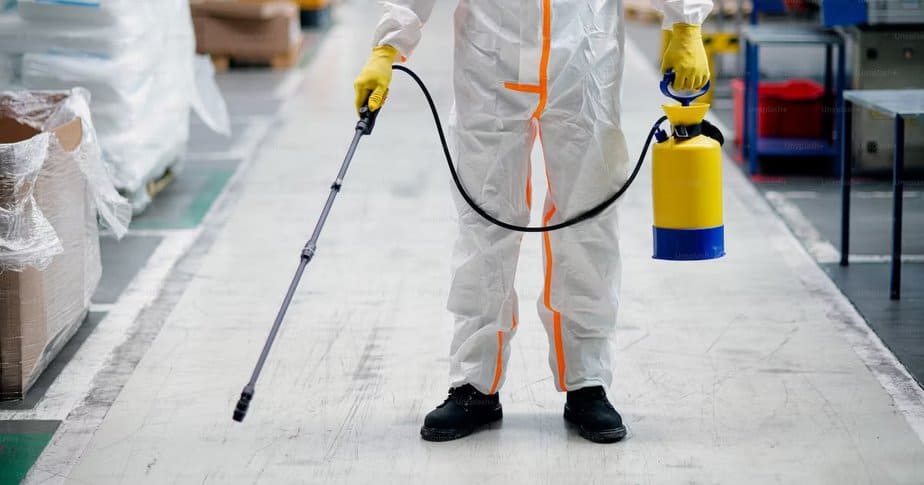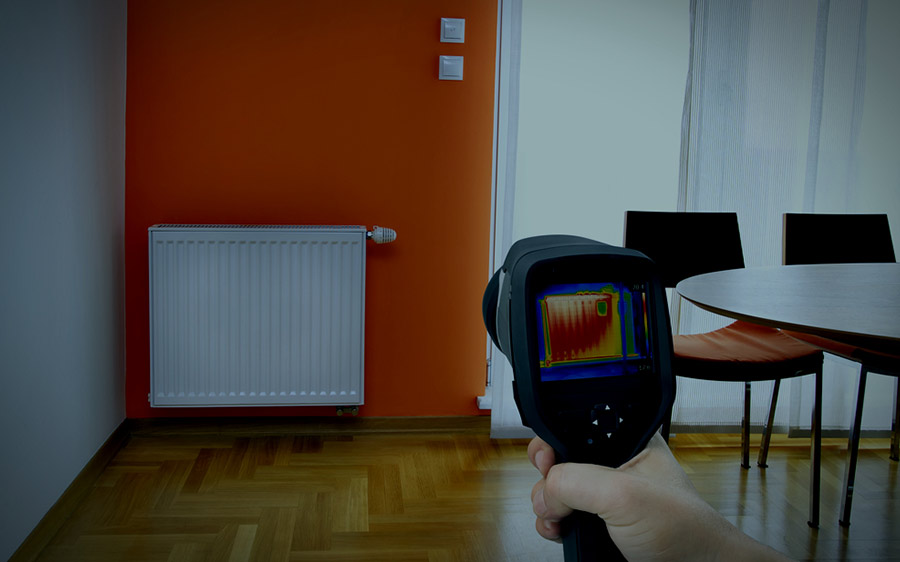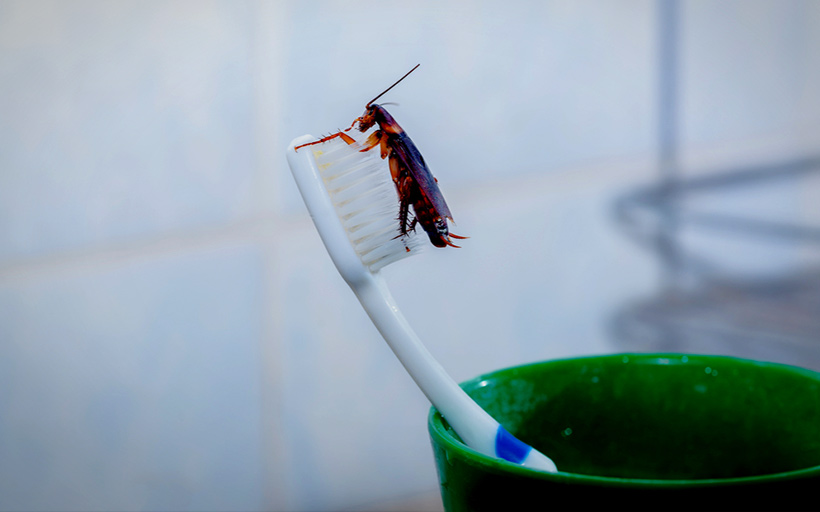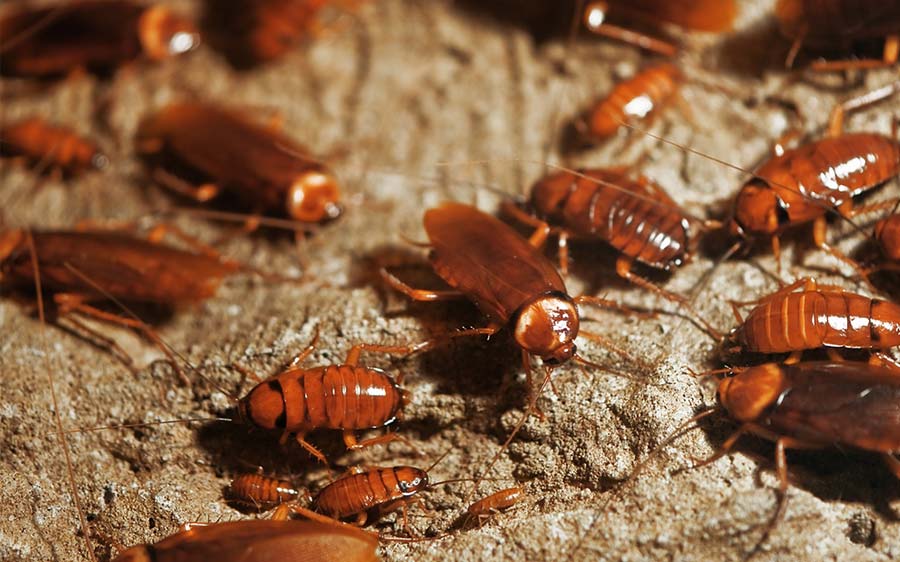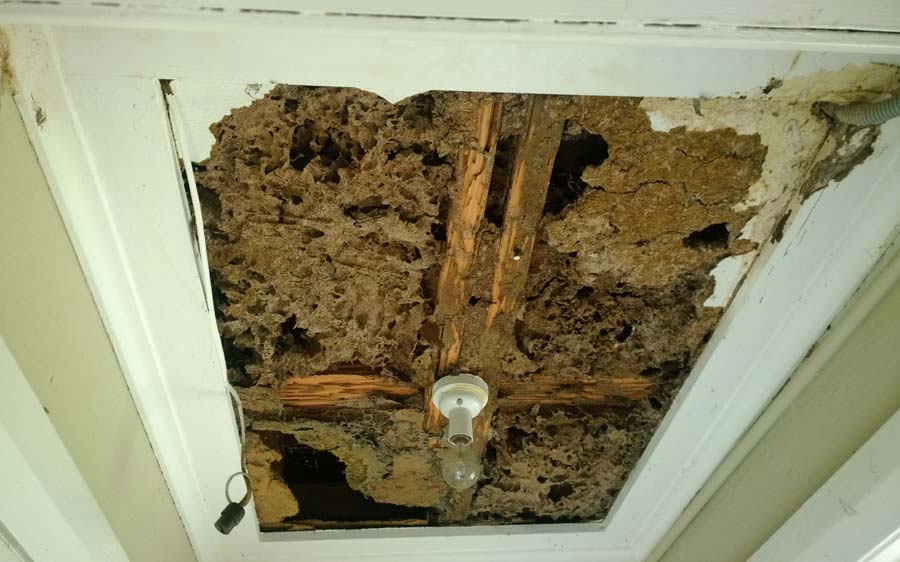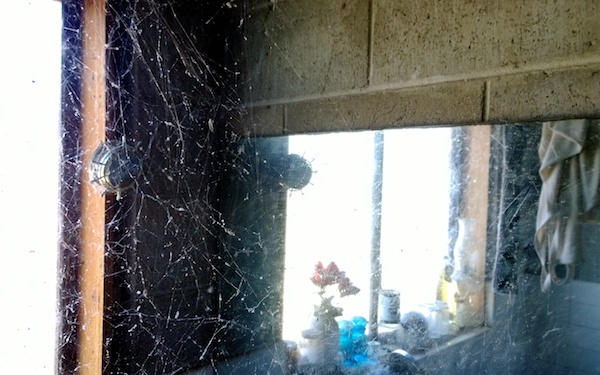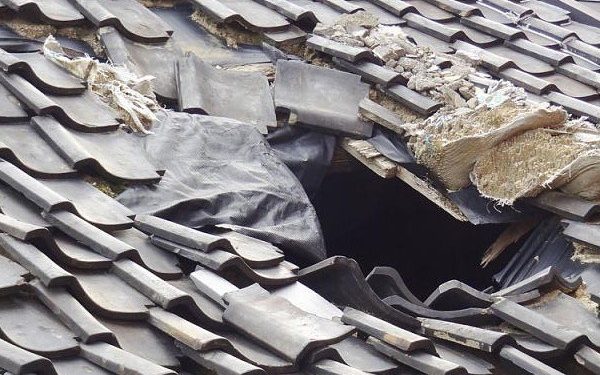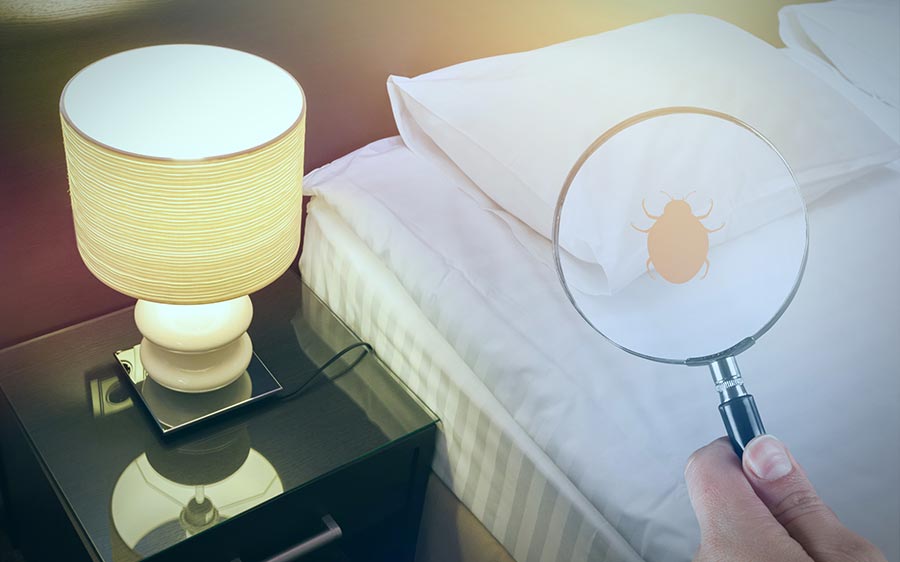
As someone who travels frequently, I know firsthand the importance of a good night’s sleep while on the road. Unfortunately, bedbugs can quickly turn a comfortable hotel room into a nightmare. These tiny pests can easily hitch a ride on ant travelers clothing and luggage, and once they’re in a hotel room, they can quickly multiply and spread.
In this article, I’ll share a few tips on haw to avoid bedbugs while travelling and what to do if you encounter them in your hotel room.
Introduction to Bedbugs in Hotel Rooms
Bed bugs are small, oval brown insects, and just like mosquitoes, they feed on blood. Bed bugs are nocturnal blood-sucking pests. They like to crawl out at night from their hiding places, usually in and around the bed, searching for food. Although, bed bugs at home are less difficult to get rid of with exterminator services. Finding bed bugs in your hotel room may be a lot more problematic.
How To Identify Bed Bugs In Your Hotel Room?
Bed bubs are more common in hotel rooms than most people think, and they are not difficult to recognize. Bed bugs are oval, flat, and brown in color, about the size of an apple seed.
When there are bed bugs in your hotel room, you may see them crawling across the bed. You will also notice bed bug bites on your body and discover tiny blood stains on the bedsheets when you get up in the morning. Most of the time, you won’t wake up when bitten, but you’ll certainly feel it the following day as bed bugs bites will turn into small red itchy welts.
Where To Look For Evidence Of Bed Bugs In Hotel Room?
Even if you don’t notice any live bed bugs, you can look for their residue, which will appear as brown or black marks found in mattresses seams and bed frames. You will also find live bed bugs in the same area.
Other places where you will find bed bugs are around the bed head and the bedside furniture. Use a bright light and pay attention to cracks and crevices, especially around the picture frames. Make sure to have a good look at armchairs and sofas if there are any in your room.
What To Do When You Spot Bed Bugs In Your Hotel Room?
If you find bed bugs in your hotel room, you should first take photographs of live specimens, bites, or bloodstain. Then alert the hotel staff or property management. They should be able to offer you a new room or reimburse you for the stay. It would help if you also asked to use the laundry facilities onsite to wash your clothes and rid them of any bed bugs that may have wandered into your luggage.
After washing your clothes, you should vacuum your luggage thoroughly to remove any lingering critters before you change rooms or hotels. Many people have bed bugs in their clothes or luggage that come back home after a vacation. You don’t want one night in a lousy hotel room to cause a home infestation.
What To Do If Bed Bugs Have Bitten You?
Scratching bud bugs bites can cause them to get worse. Thus when bitten by bed bugs best to apply antihistamine or anti-itch cream to alleviate the pain. You can also use a non-irritating soap and water to soothe any burning sensation.
Bed Bug Infestation and Hotel Liability
If you encounter bedbugs in your hotel room, you may wonder who is responsible for the infestation. In most cases, the hotel is responsible for providing guests with a safe and clean environment. If they don’t and you suffer monetary loss, you may be able to pursue legal action against the hotel.
Travel Insurance and Bed Bug Infestations
Some travel insurance policies may cover bedbug infestations, so checking your policy before you depart is worth checking. If you encounter bedbugs and suffer damage, it’s essential to document everything and contact your insurance company as soon as possible.
Bed Bug Recourses for Travelers
If you’re concerned about bedbugs while travelling, several resources are available to help you. The Bedbug Registry is a website where travelers can report bedbug sightings in hotels and other lodging facilities. The Environmental Protection Agency also has a guide to bedbug prevention and control.
Common Misconceptions About Bed Bugs And Travel
Bed bugs are no strangers to hotels, hostels, and home rentals. Many travelers have been bitten while on holidays or unknowingly brought bed bugs back to their homes in suitcases and clothing. Bed bugs can be a menace of which travelers should be aware. The truth behind these myths about bed bugs should put your mind at ease before you take off on your trip:
- Bed bugs are found in beds only – If you have bed bugs in your hotel room, they will likely try and crawl under the sheets with you. However, they don’t exclusively live in beds and don’t always adversely affect travelers. These pests can also live in carpets, behind cabinetry, and in small cracks in the walls.
- Bed bugs exist only in budget hotels. Bed bugs are found in clean, luxury hotels as well as in the most affordable hostels. They are attracted to the people and not the environment. Because bedbugs aren’t always reported or noticed by guests, luxury hotels can also unknowingly host the pests.
- Bed bugs transmit disease – Because of their similarity in feeding habits to ticks, the common assumption is that bed bugs transmit diseases. However, they are simply a nuisance and don’t cause severe illnesses as ticks, and some species of mosquitoes do.
How To Stop Bed Bugs Spoiling Your Holiday
You may not be able to stop bed bugs from crawling around your hotel, but you can take steps to prevent them from ruining your holiday. Inspecting your room before you unpack and notifying the hotel management if necessary will save you a great deal of time and inconvenience.
Always check your room for black marks on the mattresses, bedframe, and bedside furniture before unpacking. If you notice any bed bugs, you should alert the hotel staff and ask for a different room. However, when you don’t find any live specimen but wake up with bed bug bites, it is not unreasonable to ask for a refund.
